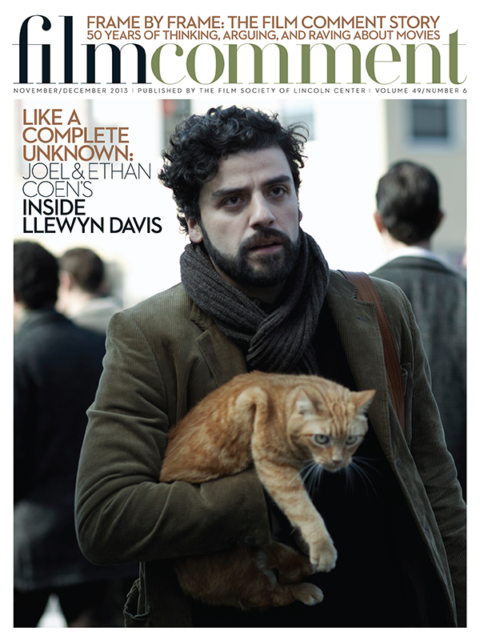
Like his previous film, A Separation, Asghar Farhadi’s The Past begins with a deceptively straightforward divorce. Returning to Paris from Tehran to legally terminate his marriage after a four-year absence, Ahmad (Ali Mosaffa) learns that his wife, Marie (Bérénice Bejo), has been living with another man, Samir (Tahar Rahim). Papers may be signed with minimal fuss but the past cannot be so easily buried, and once again the Iranian director creates an opportunity to showcase his striking ability to use multiple perspectives to tell an infinitely complex story.
Making little use of the suburban Parisian backdrop, Farhadi opts instead for a chamber drama that is as tightly packed as Marie’s rickety old house. In addition to two children from a previous relationship—petite Léa (Jeanne Jestin) and teenage Lucie (Pauline Burlet)—Samir’s young son Fouad (Elyes Aguis) also lives there, reluctantly. For better and worse, the presence of the even-tempered Ahmad sets the already precarious household off balance as he simultaneously mediates and instigates familial problems large and small.
Despite the obvious conflict of interest, Ahmad is able to assuage the furrow-browed Fouad when he throws his violent tantrums and to coax information from an increasingly moody Lucie. Vehemently disapproving of her mother’s latest relationship, Lucie explains that Samir’s wife is in a coma due to an attempted suicide—a suicide she believes to have been catalyzed by her mother’s affair with Samir. But as far as Marie is concerned, this tragic turn of events was merely the grim culmination of the woman’s long battle with depression, and she can furnish a witness to prove it: the illegal immigrant (Sabrina Ouazani), whom Samir employs at his dry cleaning business.

Much like A Separation, the story spirals, whodunit style, around the blame of the suicide—and around and around—propelled forward and nudged backward as details of past events are revealed and contradicted. As each character attempts to offload their sense of guilt onto someone else, Farhadi further elucidates the elusive nature of truth itself. Forcing his characters into moral gray zones, the director weakens the notion of objectivity, allowing the viewer’s allegiances to shift freely among the household’s denizens—even if as individuals, none of them is particularly sympathetic.
Dispensing with A Separation’s primarily handheld aesthetic, The Past demonstrates a thoroughgoing commitment to stillness. While its visual style mirrors the characters’ sometimes frustrating inability to move forward, the careful framing of bodies and faces—whether crammed into doorways or dim hallways—emphasizes private moments of interiority and noncommunication.
Despite a number of melodramatic ingredients—comas, hidden pregnancies, torrential downpours, and secret missives, among others—the film remains subtly understated, thanks in large part to the impeccable cast. Shaking off the plucky flapper she played in The Artist, Bejo is particularly impressive as the hot-tempered Marie and is well paired here with the soft-spoken Mosaffa, who exudes a paternal calm. Rahim, as always, brings a quiet but subtly dangerous power to the screen as Samir, while Burlet demonstrates maturity beyond her young years as the emotionally fraught Lucie.
Though The Past may lack its predecessor’s gripping sense of urgency (the 130-minute running time does not go unnoticed), it is precisely its circuitous structure that imbues the film with a sense of unadorned reality. Never leaning on flashbacks or expository dialogue, Farhadi doesn’t pit the past against the present so much as he presents the two as inextricably—and rather bleakly—linked. If the past can only become clear in the present, what hope does that leave for the future?








